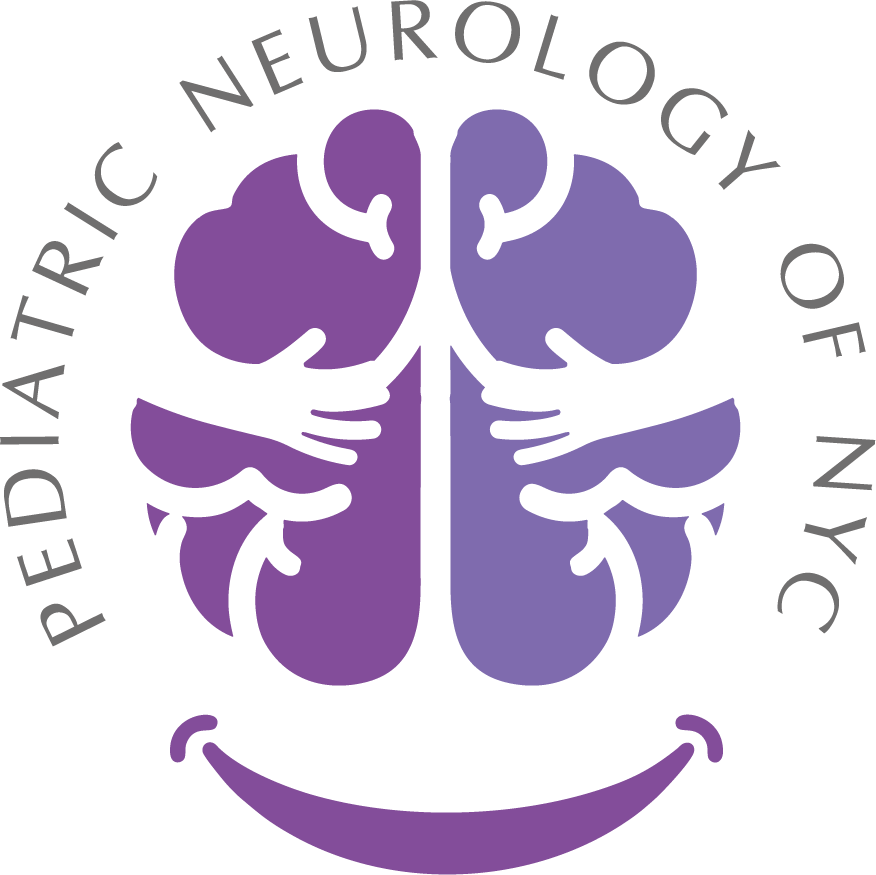Tics and Movement Disorders
Tics and Movement Disorders Treatment in NYC
In the journey of childhood development, tics are a common yet often misunderstood aspect. Tics are sudden, repetitive movements or sounds that children may exhibit. They can vary widely in type and severity and range from simple, quick movements like blinking or shrugging to more complex behaviors like repeated gestures or sounds.
At Pediatric Neurology of NYC, we specialize in the diagnosis and management of tics. We approach every child with the understanding that they are unique and provide tailored care that works to address both the physical and emotional aspects of living with tics.
What are tics?
Tics are involuntary, repetitive movements or vocalizations. They are common in childhood, often starting around the age of five to ten years. Simple tics might include actions like blinking or throat clearing, while complex tics can involve more coordinated movements or phrases.
Home » Tics and Movement Disorders
What causes tics?
Understanding the underlying causes of tics in children can be a complex puzzle. Here are some of the common causes or contributing factors for tics in children:
Genetic Factors:
Tics often run in families, suggesting a genetic component to their development.
Neurotransmitter Imbalance:
Imbalances in brain chemicals, such as dopamine, are thought to play a role.
Environmental Triggers:
Stress, anxiety, or excitement can exacerbate or trigger the onset of tics.
Other Neurological Disorders:
Conditions like Tourette syndrome or ADHD are often associated with tics.
Infections:
In some cases, tics can be linked to a prior infection, such as in Pediatric Autoimmune Neuropsychiatric Disorders Associated with Streptococcal Infections (PANDAS).
Developmental Factors:
Tics commonly emerge during childhood, a period of rapid brain development and change.
If your child is showing signs of tics, we are here to provide expert evaluation and personalized care. Understanding the cause is the first step to effective management, and our team is dedicated to guiding you and your child through this journey with expertise and compassion.
How are tics diagnosed?
Diagnosing tics involves a careful evaluation of the child’s symptoms and medical history. At Pediatric Neurology of NYC, we conduct thorough assessments to distinguish tics from other neurological conditions, ensuring an accurate diagnosis and effective treatment plan.
What treatment options are available?
Treatment for tics is highly individualized. In some cases, especially where tics are mild and not disruptive, monitoring may be all that’s required. For more pronounced cases, treatment might include behavioral therapy, medication to manage associated conditions like ADHD or anxiety, or other interventions tailored to the child’s needs.
Can tics be managed successfully?
Many children with tics find that their symptoms improve with age. With the right support and management strategies, children can lead fulfilling lives without being significantly hindered by their tics.
If your child is experiencing tics and you’re concerned about their development and well-being, Pediatric Neurology of NYC is here to support you. Our dedicated team offers compassionate, expert care tailored to your child’s needs. Contact us for a consultation and take the first step toward understanding and managing your child’s tics.
